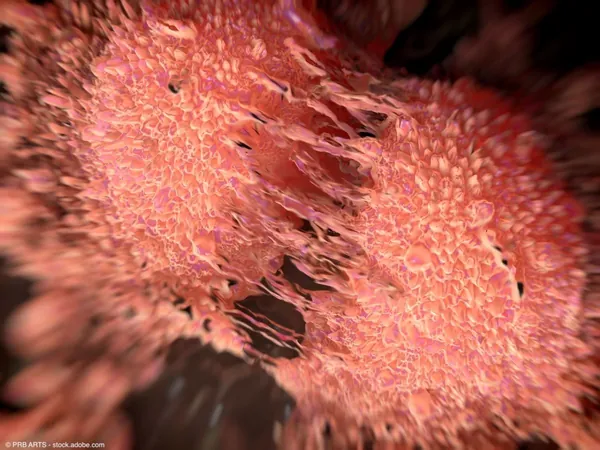
Revolutionary AI Tool Uncovers Prostate Cancer that Pathologists Overlooked!
2025-08-26
Author: Siti
AI Breakthrough in Cancer Detection
A groundbreaking artificial intelligence (AI) model has emerged as a game-changer in the fight against prostate cancer, successfully identifying subtle changes in tissue biopsies that could indicate significant cancer before traditional histological methods catch on.
The Missed Opportunity
Dubbed the 'missed study,' this research highlights how pathologists can overlook critical signs of clinically significant prostate cancer. Senior author Dr. Carolina Wählby from Uppsala University explains that with AI’s assistance, nearly 80% of samples from men who later developed cancer showed signs previously missed by human experts.
Study Overview: Eye-Opening Findings
The study retrospectively analyzed H&E-stained prostate needle biopsies from 232 men with elevated prostate-specific antigen (PSA) levels, whose initial diagnoses declared them benign. Out of these, 213 patients underwent close examination of 587 biopsy slides collected from northern Sweden.
Impressive Accuracy Rates
Among the participants, 88 men developed clinically significant prostate cancer within 30 months, while 125 remained cancer-free for up to eight years. The AI model displayed an area under the curve (AUC) of 0.81, with a remarkable sensitivity rate of 81% at a modest false positive rate of 26%. When evaluated on a patient-by-patient basis, the AUC improved to 0.82, achieving a 92% sensitivity.
Detecting the Subtle Signs
Key patterns identified by the AI included changes in the surrounding stromal tissue, such as reduced smooth muscle cell counts and increased collagen density. Dr. Wählby emphasized the AI's ability to detect these subtle indicators of cancer—information that could revolutionize diagnostic processes.
Transforming Clinical Decisions
The findings suggest the AI tool could play a crucial role in enhancing clinical decision-making, particularly in determining how frequently men with benign lesions should be monitored. The study advocates for the use of this AI methodology as a complementary screening step to improve patient outcomes.
A Glimpse into the Future of Cancer Detection
As this technology develops, it promises a future where AI works hand in hand with medical professionals to ensure early detection and intervention for prostate cancer, potentially saving countless lives and transforming the landscape of cancer diagnostics.



 Brasil (PT)
Brasil (PT)
 Canada (EN)
Canada (EN)
 Chile (ES)
Chile (ES)
 Česko (CS)
Česko (CS)
 대한민국 (KO)
대한민국 (KO)
 España (ES)
España (ES)
 France (FR)
France (FR)
 Hong Kong (EN)
Hong Kong (EN)
 Italia (IT)
Italia (IT)
 日本 (JA)
日本 (JA)
 Magyarország (HU)
Magyarország (HU)
 Norge (NO)
Norge (NO)
 Polska (PL)
Polska (PL)
 Schweiz (DE)
Schweiz (DE)
 Singapore (EN)
Singapore (EN)
 Sverige (SV)
Sverige (SV)
 Suomi (FI)
Suomi (FI)
 Türkiye (TR)
Türkiye (TR)
 الإمارات العربية المتحدة (AR)
الإمارات العربية المتحدة (AR)